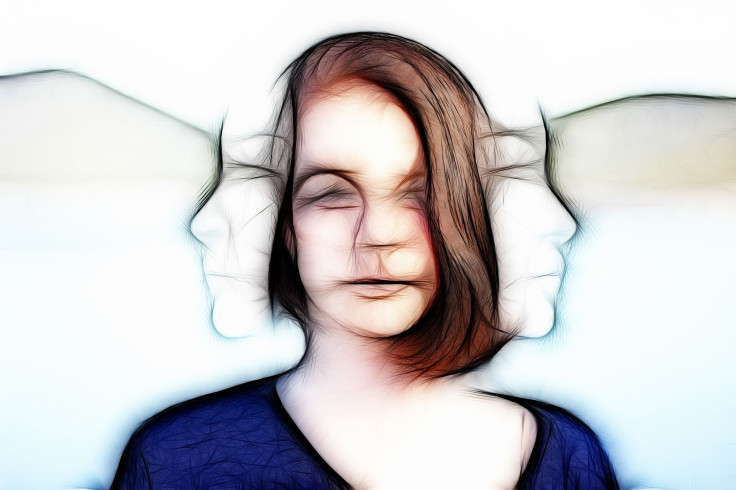Coronavirus And Mental Illnesses: Is COVID-19 Linked To Psychosis?
KEY POINTS
- The parasite Toxoplasma gondii was linked to schizophrenia
- Maternal exposure to influenza was linked to future bipolar disorder diagnosis in children
- Researchers are studying if the coronaviruses are implicated in psychoses
Ever since the COVID-19 pandemic began, most of the research on the virus has focused on its direct effects on the human body with the aim of finding a possible cure or an effective treatment. However, the researchers at John Hopkins University are investigating a potential secondary long-term impact of COVID-19 exposure- higher susceptibility to psychosis.
"Over the years there have been data showing an association between exposure to general respiratory viruses such as the flu and subsequent psychotic episodes. This association was especially evident in studies of the aftermath of the great influenza of 1918," Emily Severance, Ph.D., assistant professor of pediatrics, Johns Hopkins University, Baltimore, Maryland, told Medscape Medical News.
The research team is also analyzing if the association with psychosis was specific to influenza or if other respiratory infections including the coronavirus might also have similar consequences.
The study:
The researchers examined the response of immunoglobulin G against four different strains of human coronaviruses. The findings revealed that over 90% of adults diagnosed with psychoses had higher levels of antibodies to one or more of the viruses. It also suggested that all 4 types of coronaviruses were more seroprevalent in patients compared to the controls.
Previous studies have revealed that coronaviruses- HKU1 and NL63 might confer a particular risk of neuropsychiatric disease. Thus, the researchers sought to analyze and quantify the seroprevalence of SARS-CoV-1 and SARS-CoV-2 in patients with psychiatric disorders.
There is also substantial evidence that links exposure to pathogens with the subsequent development of psychiatric disorders. For instance, the parasite Toxoplasma gondii is implicated in a number of neuropsychiatric disorders, particularly schizophrenia.
“It's an esoteric area of the literature, but it really has a lot of evidence to support a connection between the infectious disease process and the development of psychiatric disorders,” Severance told Medscape Medical News.
What is the link between pathogens and psychiatric disorders?
One possible explanation is that neurotropic pathogens can travel directly to a person’s brain and affect the brain cells. Also, indirect effects on the brain cells can occur due to the body’s heightened immune response during an infection.
An older study had pointed out that children born to mothers who had the flu during pregnancy had four times increased risk of developing bipolar disease later in life.
The researchers are planning to use banked blood samples from thousands of individuals diagnosed with psychiatric disorders. They are planning to find out the extent to which the SARS-CoV-2 and other coronaviruses might enter a person’s brain.
“If the study is able to demonstrate a link between viral exposure and psychosis, this would mandate further investigation into the immune basis of psychotic disorders, potentially with huge public health implications or even implications for the development of novel treatment strategies for some people with psychosis," Tom Pollak, Ph.D., MRCPsych, King's College London, U.K. told Medscape Medical News.

© Copyright IBTimes 2024. All rights reserved.






















